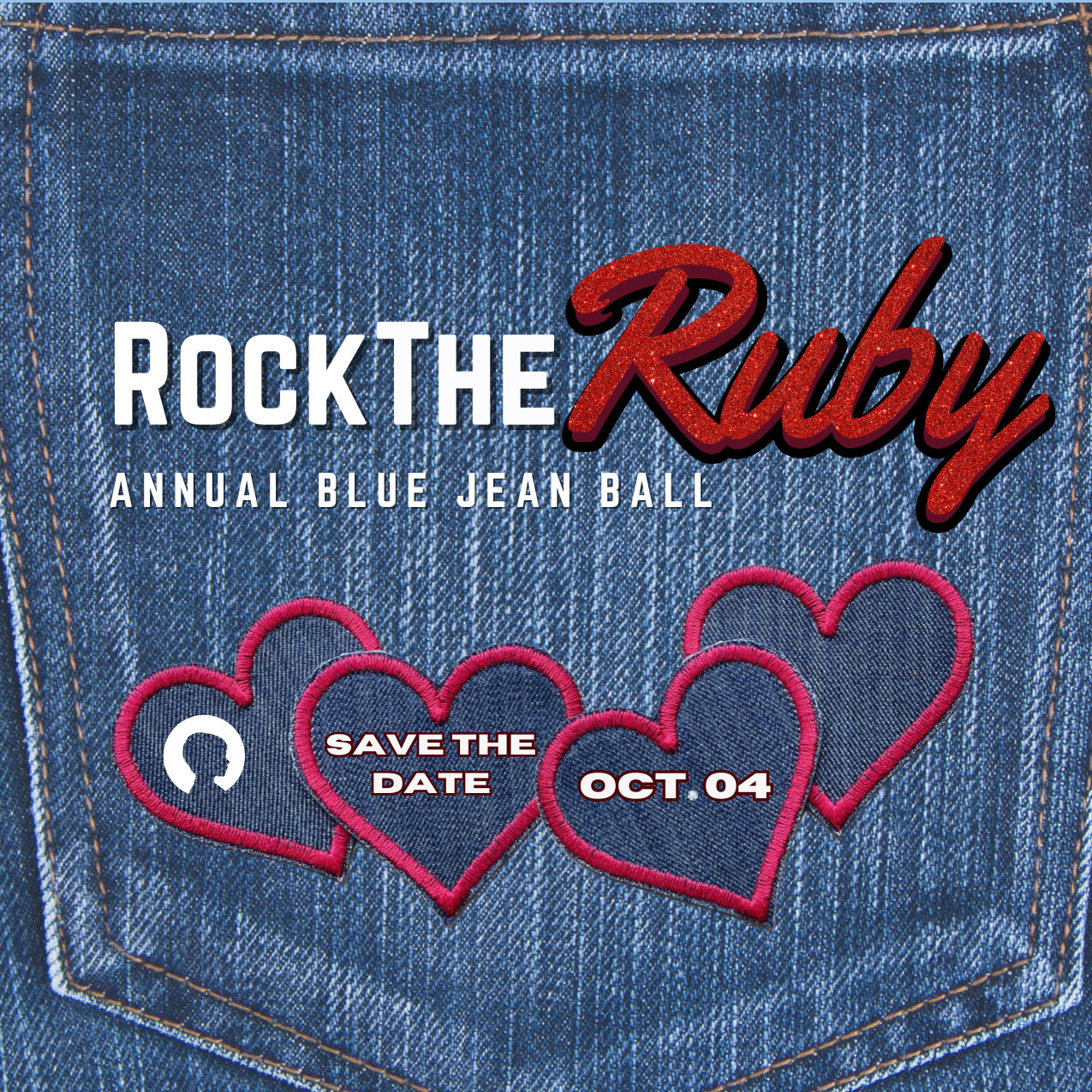During the Targeting Lipid Biology in Cancer meeting, held this past September in Pacific Grove, CA, I had an opportunity to enjoy a quick break to visit with friends in the area. We were discussing the role of the Forbeck Foundation in cancer research. After I explained that we bring top scientists from around the world together to discuss a highly specific topic, they said, “Oh, so you organize meetings.” I replied, “Well they aren’t JUST meetings.” I left that evening feeling like I did not do the Foundation justice. When I returned to the meeting and told the scientists what had happened, they all said, “They aren’t JUST meetings!”
Dr Sam Behjati, Group Leader, Wellcome Sanger Institute agrees that they are not JUST meetings but rather “…a wonderful meeting which was intellectually most stimulating and led to ideas that I will pursue in the lab. In an age of mega-conferences, scientific hype and self-PR, it was so wonderful to be able to retreat in this relaxed and understated way to get the opportunity to debate and think.”
The Forbeck Forum is a unique mechanism in cancer research. In 2023, we held 10 scientific forums covering various areas of cancer research. The stories of achievements that come out of our meetings are abundant. They are just really hard to quantify.
David Tuveson of Cold Spring Harbor Laboratory said “My attendance at Forbeck meetings have helped me focus several lines of investigations, such that clinical trial developments were influenced for pancreatic cancer patients.” and Ben Bitler of the University of Colorado who attended the Forbeck Forum on Challenges and Opportunities for Transformative Therapeutic Development for Ovarian Cancer said, “...we currently have a research manuscript under review that details a new treatment paradigm for therapy-resistant ovarian cancer.”
Both David and Ben illustrate how important the Forbeck Forums have been to both their professional development. They are certainly not alone. I could fill pages of accolades received from the over 200 participants this year alone. There could be lists of the new ideas they brought back to their labs, new collaborations that were formed or alterations in current research that came from a discussion. In ensuing years, we receive emails and notices about papers that are published or clinical trials that are in the works. Even with all this, it’s still hard to quantify results without a cure in hand.
I can tell you though, the tables are starting to turn. We, personally, are fortunate to have had positive experiences with immunotherapy, which we have been hosting meetings on since 1999. Loved ones going through cancer treatments today have a drastically different experience than the highly toxic treatments just five years ago that could kill someone before the disease did.
Additionally, I recently researched if there were any clinical trials for DIPG which has historically been a hopeless disease. I was shocked by the number of trials going on in this field. This goes to show there is hope where there has historically been none.
Progress is absolutely being made and we are proud to be part of it. As Kimryn Rathmell of Vanderbilt University said, “The Renal Medullary Carcinoma meeting led directly to the first clinical trials for this cancer and the first treatment recommendations based on trial evidence.”
You, our donors, are the ones who have made this happen. You all directly brought those brilliant people together, who are changing the world. The Forbeck Foundation has become a pillar of the research community, resulting in a higher demand for our programs. Please continue your support and help us to further fund these important gatherings where they are coming up with the answers.
Yours truly,
Jamie F. Collins
Executive Director
The Forbeck Foundation has used your donations many times over working towards a cure. Here are a few ways that we ensure your donations have been used to maximize each dollar.
- Low infrastructure of the foundation that runs programs. For over 20 years we kept the organization all volunteer. Eventually to do more we had to create more of a team and continuity in running programs. But the organization still is extremely small for everything we do. We have 2 full time employees, 1 part time community manager, a bookkeeper an amazing scientific advisory board and board of directors. This team works hard to maintain funding and operation of 10 scientific meetings a year.
- Financial stewardship is another way the foundation has compounded the dollars donated to exponentially increase the impact of the foundation on cancer research.
- Strategic Focus is evaluated regularly. There have been times we have considered pursuing other avenues that could impact research. At times we have done grants. For example, during COVID when we redirected the meeting funding to help restart research. We are constantly approached by people in the scientific community to host more Forbeck Forums. By focusing on what the scientific community is asking for we are ensuring maximum impact.



